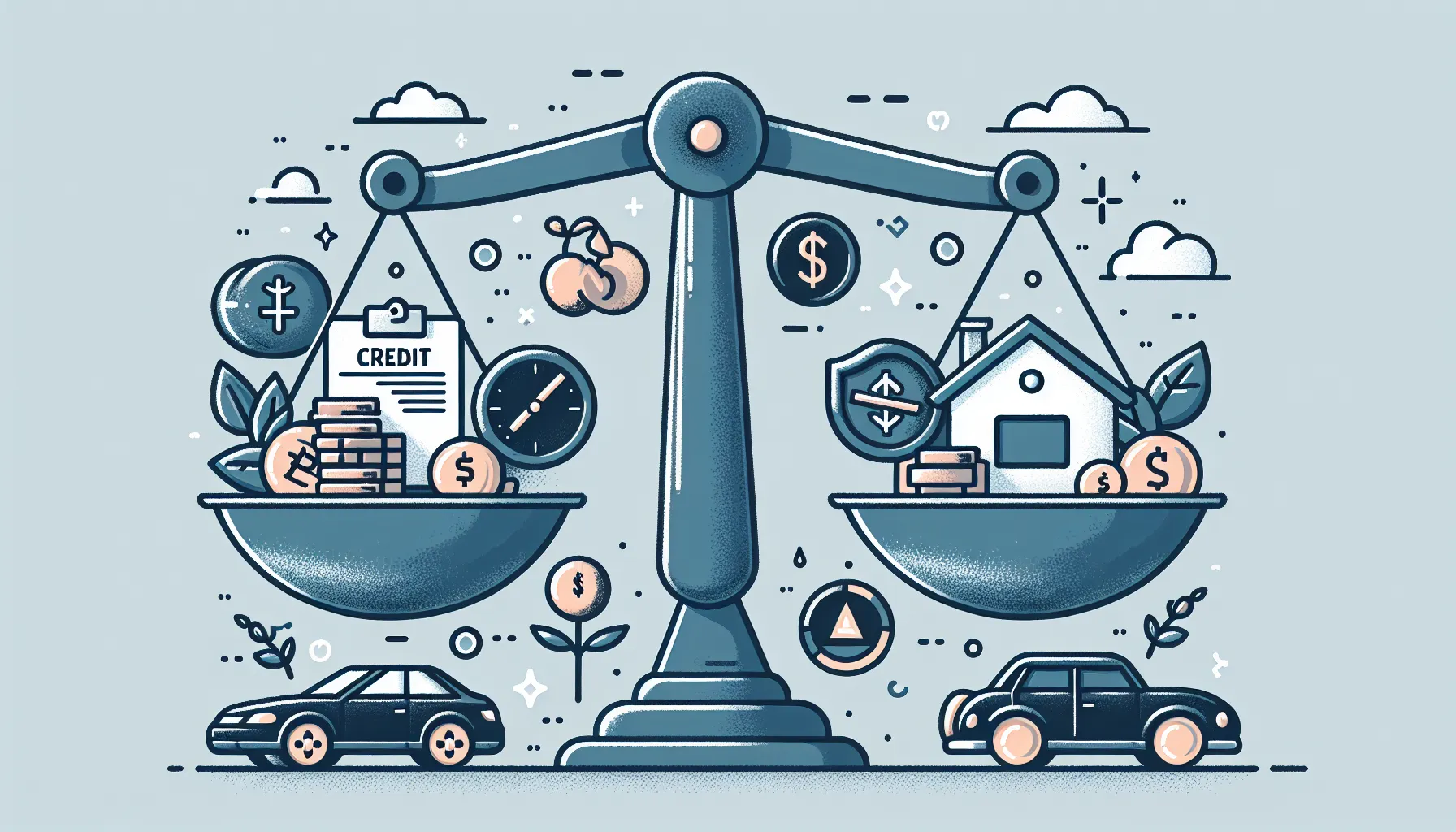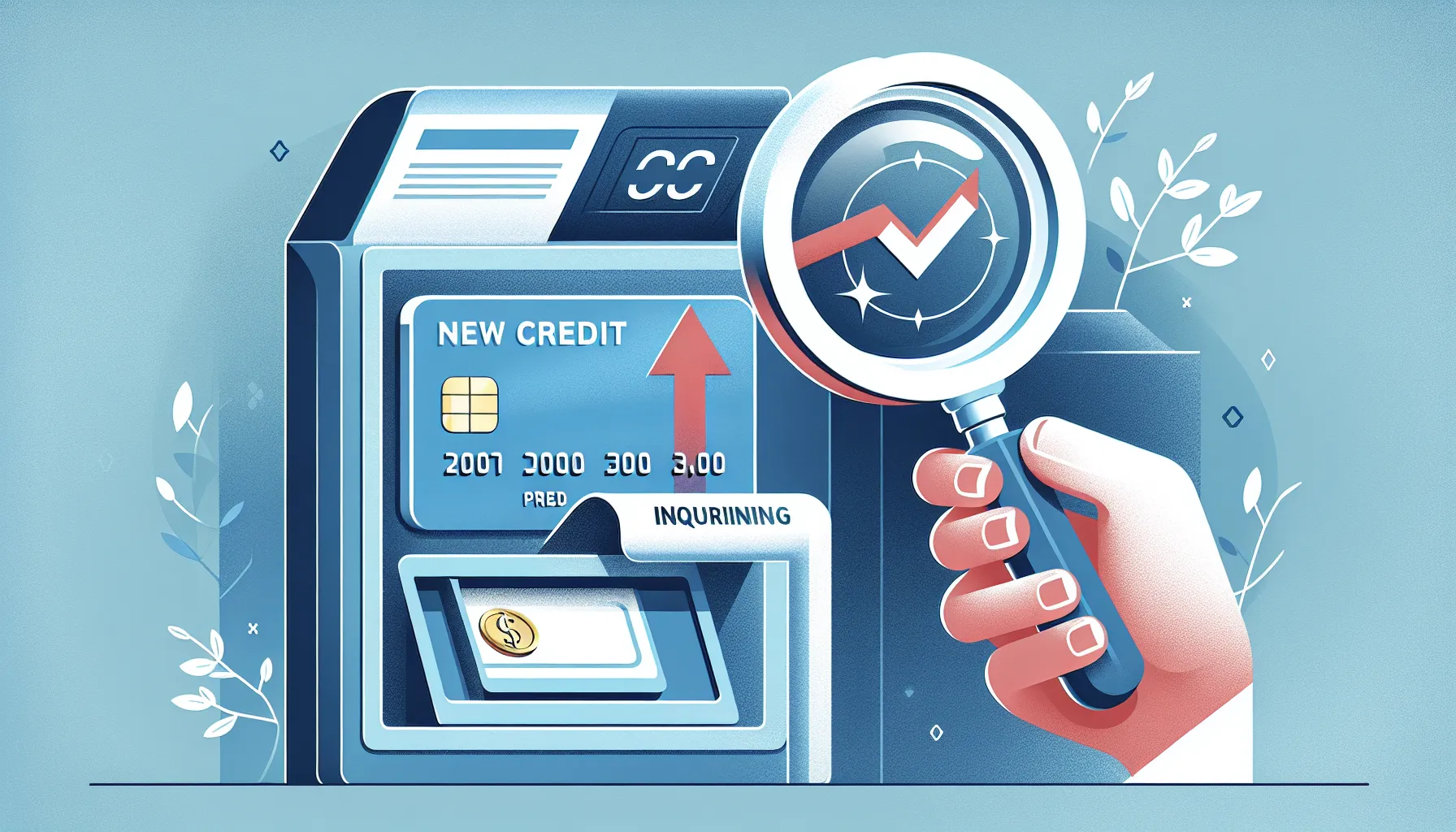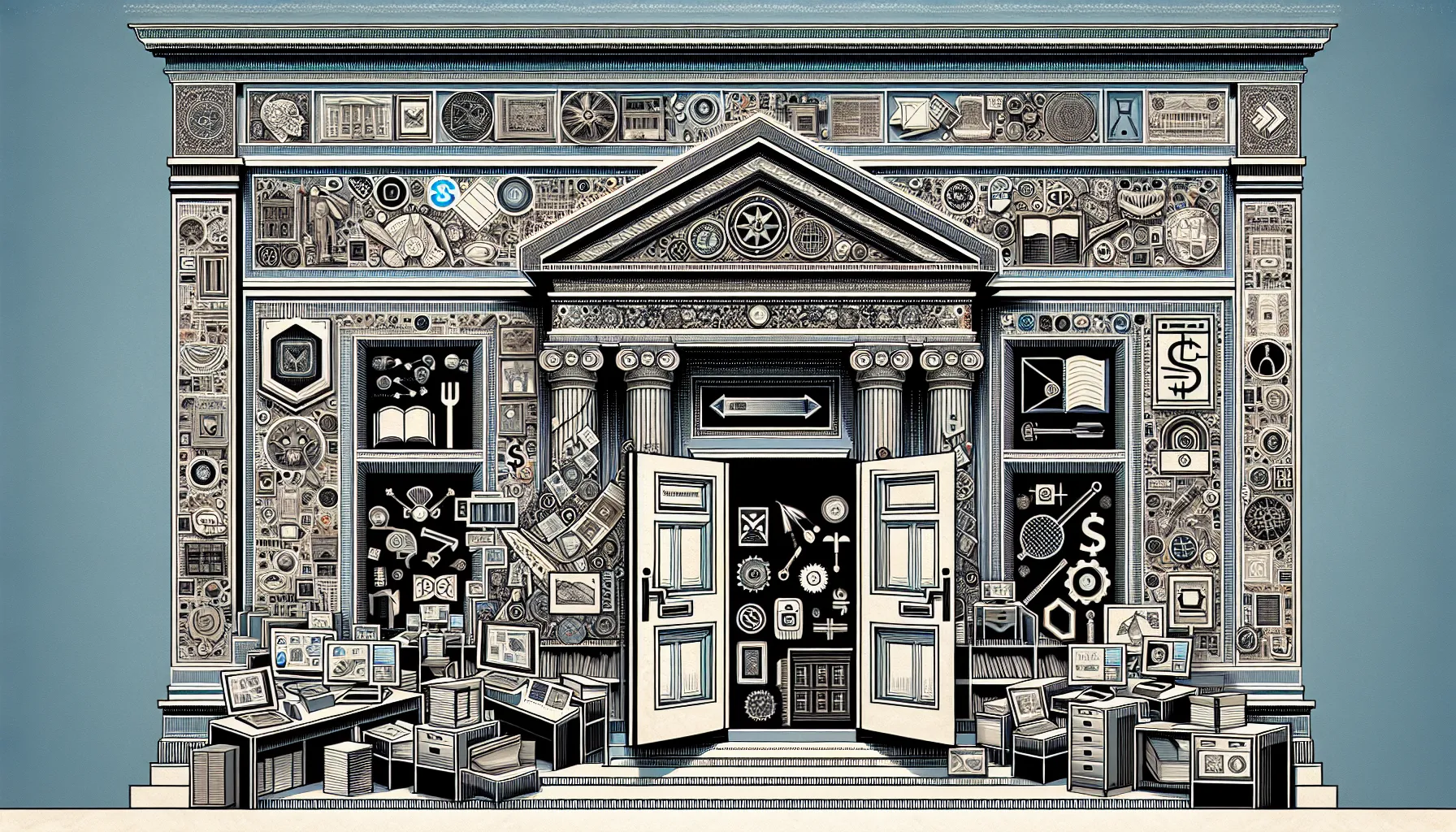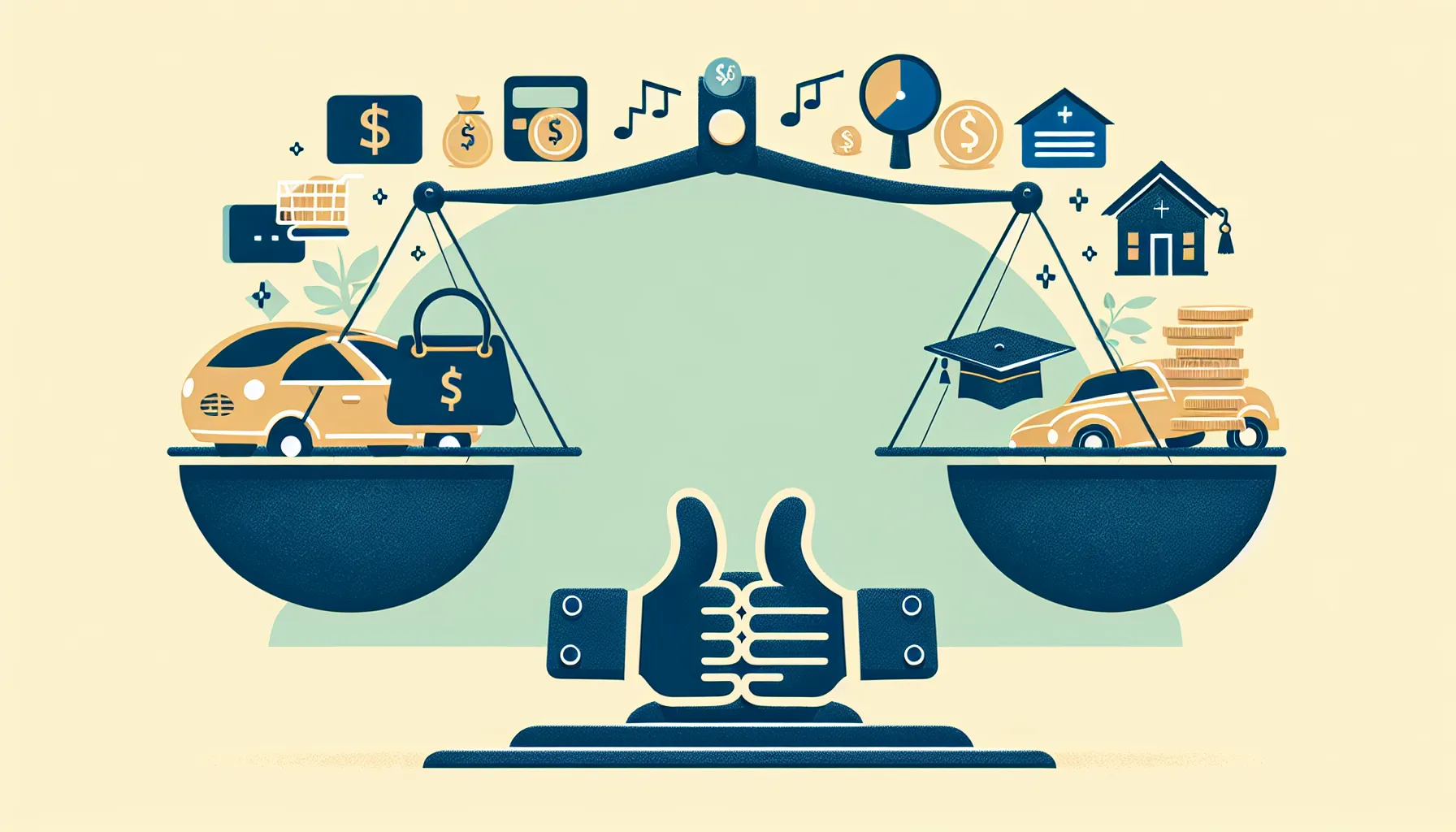Payment History
One of the most significant factors affecting your credit score is your payment history. This includes your record of paying bills on time, including credit card payments, mortgage payments, and other types of loans. Late payments, missed payments, and collections can have a severe negative impact on your credit score.
To maintain a good payment history:
- Set up automatic payments to ensure you never miss a due date
- If you’re struggling to make payments, reach out to your creditors to discuss potential payment plans or hardship programs
- Make at least the minimum payment on time, even if you can’t pay the full balance
Consistently making on-time payments is crucial for building and maintaining a strong credit score.
Credit Utilization
Credit utilization refers to the amount of credit you’re using compared to your credit limits. This factor accounts for a significant portion of your credit score. Generally, it’s recommended to keep your credit utilization below 30% to maintain a healthy score.
For example, if you have a credit card with a $10,000 limit, aim to keep your balance below $3,000. High credit utilization can signal to lenders that you’re relying too heavily on credit and may be at risk of defaulting on payments.
To improve your credit utilization:
- Pay down your credit card balances
- Request a credit limit increase (but avoid using the additional credit)
- Spread your credit use across multiple cards instead of maxing out one card
By managing your credit utilization effectively, you can demonstrate responsible credit use and boost your credit score.
Length of Credit History
The length of your credit history also plays a role in determining your credit score. A longer credit history provides more data for lenders to assess your creditworthiness. This factor takes into account the age of your oldest credit account, the average age of all your accounts, and how long it’s been since you used certain accounts.
To maintain a strong credit history:
- Keep old credit accounts open, even if you’re not actively using them
- Avoid opening too many new accounts at once, as this can lower the average age of your credit history
- Be patient – building a long credit history takes time
A well-established credit history demonstrates stability and responsible credit management over an extended period.
Credit Mix

Having a diverse mix of credit types can positively impact your credit score. This includes revolving credit (such as credit cards) and installment loans (like mortgages, auto loans, and personal loans). Demonstrating that you can responsibly manage different types of credit shows lenders that you’re a well-rounded borrower.
However, it’s essential not to take on more credit than you need just for the sake of having a diverse credit mix. Only apply for credit when necessary and when you’re confident in your ability to manage the payments.
New Credit Inquiries

When you apply for new credit, lenders typically perform a hard inquiry on your credit report. Too many hard inquiries in a short period can temporarily lower your credit score, as it may indicate that you’re taking on more debt than you can handle.
To minimize the impact of new credit inquiries:
- Shop around for rates within a short timeframe (typically 14-45 days) when seeking a mortgage or auto loan, as multiple inquiries for the same type of loan will be counted as a single inquiry
- Be selective about applying for new credit and only do so when necessary
- Monitor your credit report for unauthorized inquiries, which could be a sign of identity theft
Public Records and Collections

Negative items such as bankruptcies, foreclosures, and collections can have a severe impact on your credit score. These public records can remain on your credit report for several years, making it challenging to secure new credit.
If you have any public records or collections on your credit report, it’s essential to address them as soon as possible. This may involve:
- Paying off collections accounts
- Disputing any inaccurate information on your credit report
- Working with a credit counselor or attorney to explore your options for resolving negative items
While it takes time for these negative items to be removed from your credit report, taking proactive steps to address them can help you start rebuilding your credit.
Conclusion
Your credit score is determined by a complex interplay of factors, including your payment history, credit utilization, length of credit history, credit mix, new credit inquiries, and public records. By understanding these factors and taking steps to manage them effectively, you can work towards building and maintaining a strong credit score.
Remember, improving your credit score is a journey that requires patience, discipline, and consistent effort. By monitoring your credit report regularly, making timely payments, and using credit responsibly, you can gradually improve your credit score over time.
If you’re facing challenges with your credit score, don’t hesitate to seek guidance from a financial professional or credit counselor. They can provide personalized advice and help you develop a plan to achieve your credit goals.
Frequently Asked Questions
What is the most important factor affecting my credit score?
Your payment history is the most significant factor influencing your credit score. Making on-time payments for all your credit accounts, including credit cards, loans, and bills, is crucial for maintaining a good credit score. Late payments or missed payments can severely damage your credit score.
How can I improve my credit utilization?
To improve your credit utilization, try paying down your credit card balances, requesting a credit limit increase (but avoid using the additional credit), or spreading your credit use across multiple cards instead of maxing out one card. Ideally, you should aim to keep your credit utilization below 30%.
How does the length of my credit history impact my credit score?
A longer credit history can positively impact your credit score. It demonstrates your ability to manage credit responsibly over an extended period. To maintain a strong credit history, keep old credit accounts open (even if you’re not actively using them) and avoid opening too many new accounts at once.
Should I have different types of credit accounts?
Having a diverse mix of credit types, such as revolving credit (credit cards) and installment loans (mortgages, auto loans, personal loans), can positively impact your credit score. It shows lenders that you can responsibly manage different types of credit. However, avoid taking on more credit than you need just for the sake of having a diverse credit mix.
How do new credit inquiries affect my credit score?
When you apply for new credit, lenders perform a hard inquiry on your credit report. Too many hard inquiries in a short period can temporarily lower your credit score, as it may indicate that you’re taking on more debt than you can handle. Be selective about applying for new credit, and try to shop around for rates within a short timeframe when seeking a mortgage or auto loan.
What should I do if I have negative items on my credit report?
If you have negative items such as bankruptcies, foreclosures, or collections on your credit report, address them as soon as possible. This may involve paying off collections accounts, disputing inaccurate information, or working with a credit counselor or attorney to explore your options for resolving negative items. While it takes time for these items to be removed, taking proactive steps can help you start rebuilding your credit.
